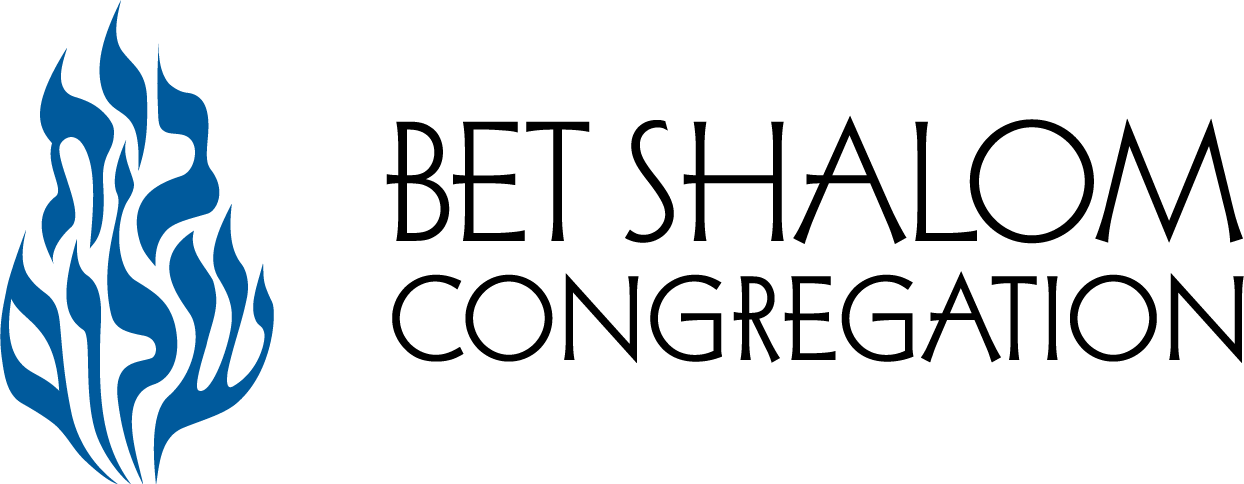Fun with Anthroponomy!
Suzy Lurie
What’s in a name? Well, a lot, especially when we investigate our surnames. Anthroponymy, the study of human names, can reveal where our ancestors came from, what they may have done for a living, and even connections to important historical events or significant people. While some Jewish surnames such as Levi and Cohen (“priest”) clearly derive from tribes of Israel and religious roles, many modern Jewish last names developed within the last 300 years. This newness can be attributed to the forced adoption of surnames throughout Germany and Eastern Europe. Thanks to the geographically widespread nature of the Jewish diaspora, our surnames are among the most greatly varied of any ethnicity. Five Bet Shalom families share with us the fascinating histories and meanings of their surnames!
Battenberg Castle
The Battenbergs: Thomas, Tari, Lila, and Charlie
Battenberg is a town in central Germany in the state of Hesse. Tari Battenberg notes that if you’ve ever watched the Great British Baking Show, you know that a Battenberg cake is a pink and yellow sponge cake constructed in a distinctive checkerboard pattern. What you may not know is that British royals anglicized Battenberg to Mountbatten, a name you commonly hear along with a hyphen attached to Windsor. The late Duke of Edinburgh, Prince Philip, was the son of Princess Alice of Battenberg!
Battenberg Cake
“Green Violinist” - Marc Chagall, 1924
The Witebskys: Steve and Judy
Witebsky is a surname directly connected to a geographical location. The suffix “-sky” in Slavonic languages is an answer to the question, “Where from?” So there you have it: a Witebsky is a person from Vitebsk, Belarus! Vitebsk is best known as the birthplace of prolific Jewish artist Marc Chagall who created the iconic image of a green fiddler on the roof!
Steve Witebsky says, “My grandfather, Nathan (Nate) emigrated from St. Petersburg, Russia in the late 1880’s. He started out as an optical lens grinder in Minneapolis until he opened his own clothing store in the Gateway section of downtown Minneapolis in 1916. We don’t really know more than that other than surmising his family came from the Vitebsk region of Belarus or even the city of Vitebsk itself. Knowing my artistic abilities I don’t think we are related to Chagall, although my father’s older sister, Shirley Witebsky, was an international artist who graduated from the U of M's art school and studied at the Sorbonne in the late 1940’s.”
“Landscape with Farm” - Cornelis van Dalem, 1564
The Zwiefelhofers: Robert, Deb, Samuel, and Eliana
Zwiefelhofer is a surname of German origin, a Bavarian variant that indicates a connection to a “zwiebelhof,” an onion farm. Deb Zwiefelhofer explains, “My husband’s family came to the United States in the 1880s and located in Wisconsin. Prior to that time, they were living in a town called Tisch. After WWII, the Czechs renamed the area as Ktis-Czech Republic and kicked out all of the remaining Germans (my husband’s family left that area well before WWII). Zwiefelhofer actually refers to someone who is an onion picker, not an onion farmer. My husband notes that if his family were onion farmers, they probably would not have left the area.”
Bay Laurel Tree
The Lorberbaums: Sally, Michael, Melissa, Spencer, and Rachel
What is a Lorberbaum? Sally Lorberbaum explains that it literally translates as a laurel tree — a blend of the Yiddish (lorberboym) and German (lorbeerbaum). On its own, the surname Lorber is an occupational name for a grocer or a seller of herbs and spices. Fun fact: bay leaves come from the laurel tree. Famous Lorberbaums include American billionaire Jeffrey Lorberbaum, Israeli professor Menachem Lorberbaum, and 18th century rabbi and legal scholar Yaakov Lorberbaum.
Isaac Luria
The Luries: Suzy Lurie and Matt, Riley, and Brooklynn Hanscom
Famous Luries can be found everywhere, and a popular theory in my family is that we are descendants of Isaac Luria, the father of contemporary Kabbalah. Per The Lurie Legacy by Neil Rosenstein, my family tree dates back to King David. My great-grandfather, coincidentally named Isaac Lurie, founded the Royal Bedding Company in Chicago. That’s also where you’ll find Lurie Children’s Hospital established by Robert Lurie. Isaac Luria, on the other hand, lived in the 1500s in what is now Israel. He is responsible for Lurianic Kabbalah and his place of death, Safed, is still known as the center of Kabbalah in Israel. So why do I think that my family is descended from this great Jewish icon? My dad, Gerry Lurie, has a very scholarly response to that question: Prove that we’re not.
I checked with fellow Bet Shalomian Anita (Lurye) Silver to see if she had any additional information on the significance of our last names. Though her detailed information only dates back to the mid-nineteenth century, she too felt sure of a connection to Isaac Luria. Anita remarks, “I like to think we are all connected, and going way back to the notable ones, but I am afraid that I can’t go back quite that far. However, when I have been in S’fat (Safed) I have felt a tingling in my bones, and the ancient melodies get my endorphins going.”








